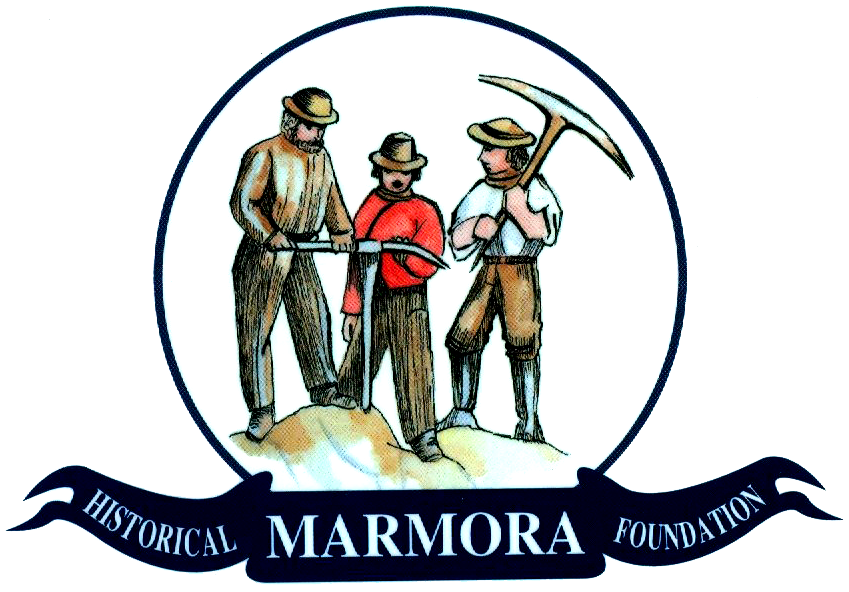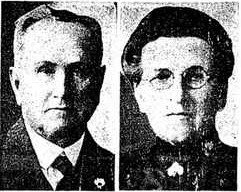THE MARMORA-CHINA CONNECTION
/"When a butterfly flaps its wings in Japan, the wind is felt in Marmora"
That's a slight variation on an old proverb, but for Lem Lung and Lem Jong in Marmora, and many other Chinese immigrants to this country, it was more than just a cute expression. The Japanese invasion of China was a life changing event, both for those in China and those who chose to emigrate around the world.
Excerpt from Arlene Chan's book
In her book, "The Chinese in Toronto from 1878: From Outside to inside the Circle", Toronto writer, Arlene Chan, describes the Chinese retreat after the 1937 invasion by the Japanese.
By this time, two Chinese restaurateurs, Lem Lung and his cousin & cook, Lem Jong, were well established as the "Glossy Cafe" in the St. James Hotel on the main business section of Marmora.
But according to the Marmora Herald in April of 1938, the wind of this far-eastern war was felt in Marmora.
"Four Chinese from Belleville paid a visit to the Glossy Cafe on Sunday. They are raising funds to provide raincoats and rubber boots for Chinese soldiers in theEast."
It seems however, the Glossy Cafe was not so "glossy" after all. Having moved to Marmora in 1929, Lem Lung suffered many losses. In 1936, he learned his wife, whom he had left behind in China, had died before he saw her again.
In 1939 he was a victim of a terrible assault in his own restaurant that left him almost dead. In 1946, a gas explosion in his kitchen obliterated his business and George Aunger's Meat market next door, and damage was reported to the apartments upstairs and other businesses in the building.
That year Lem had had enough, had sold his business to another relative, Lem Sam, and returned to China. Luckily for Lem Sam, he moved his business (which we believe included a laundry business) to a building behind the library, for in 1952, the St. James hotel sufferedits third terrible fire, at which time it lost its peak roof.
(Photo - Lem Lung and Lem Sam with William Cottrell and Casha Boyd)
































